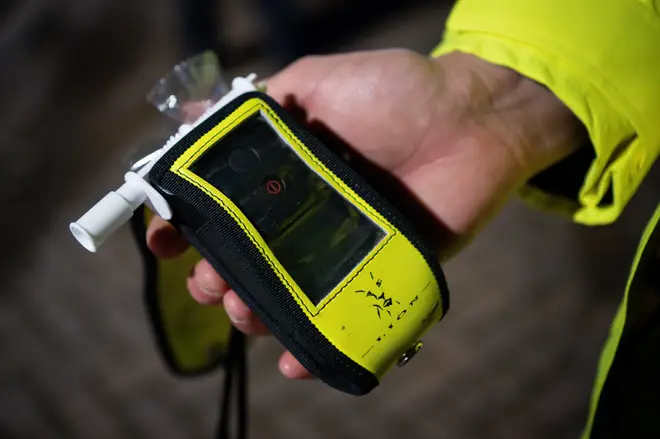
Oli Dugmore 4am - 7am
23 April 2024, 15:58

A Belgian man has been cleared of drink driving after it was confirmed he suffers from an extremely rare condition in which his body produces significant amounts of alcohol.
Three doctors confirmed the 40-year-old has auto-brewery syndrome with his lawyer saying it was “another unfortunate coincidence” that he worked at a brewery.
The condition causes the body to produce intoxicating amounts of ethanol in the gut and can cause those who suffer to have symptoms identical to being drunk such as slurring their speech and experiencing dizziness.
The man was first convicted of drink driving in 2019 before being pulled over again twice in 2022 and was found to have been over the country’s drink-drive limit on both occasions.
He was not aware of his condition at the time which caused confusion as he had not been drinking on these dates. According to reports, the first stop took place at 4pm and the man said to police he had only drunk two beers the day before.
He was examined by two doctors who independently concluded that he suffered from ABS. A study found that his body “massively converted the carbohydrates into alcohol” when he was fed sugary food for 24 hours without consuming any alcohol.
A third doctor appointed by the police court in Bruges reached the same conclusion.
The judge emphasised the defendant, who was not named in line with local judicial custom, did not experience symptoms of intoxication, according to Belgian media.
However, the judge did rule that the man must take measures such as dietary changes to avoid conviction if he failed a future breath test.
Lisa Florin, a clinical biologist with the Belgian hospital AZ Sint-Lucas, said people with ABS produced the same type of alcohol as found in alcoholic drinks but that they generally felt less of its effects.